On April 07, 1861 in Celtic History
1861 ireland census, only 393 jews are recorded
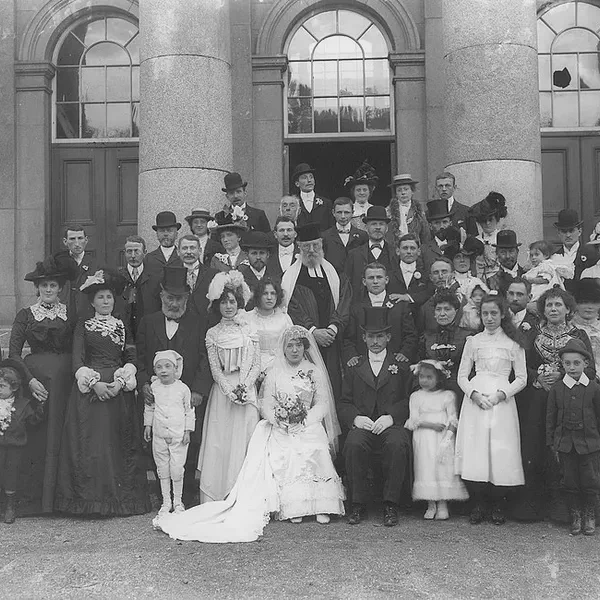
The census of 1861 in Ireland, which recorded a population of 5,798,967 and notably only 393 Jews, provides a fascinating snapshot of the demographic landscape during a pivotal period in Irish history. This census occurred in the context of post-Great Famine Ireland, where the population had significantly decreased due to both the famine and mass emigration.
The original census returns for 1861 and 1871 were destroyed shortly after the censuses were taken.
Context of the Census
The mid-19th century was a critical time in Ireland. The Great Famine (1845-1849) had a devastating impact, causing the death of approximately one million people and the emigration of at least another million. The 1861 census was one of the first comprehensive data collections following this traumatic period and reflects the changed demographic and social conditions in Ireland.
The Jewish Community in Ireland
The history of the Jews in Ireland extends for more than a millennium. The Jewish community in Ireland has always been small in numbers in modern history, not exceeding 5,500 since at least 1891.
The first Jews arrived in Ireland from Spain and Portugal in the early sixteenth century. The first synagogue was opened in Dublin in 1660 and the first Jewish cemetery opened in the early 1700s
The Jewish population in Ireland at the time was exceptionally small, as indicated by the census. With only 393 Jews recorded, this community was a very minor component of the overall demographic makeup.
The ancestors of the current community were Lithuanian Jews who began arriving in Dublin, Belfast, and Cork in the mid-1870s. This resulted in an immediate rise in the population, with 1,500 Irish Jews in Dublin in 1891 and an estimated 3,000 a decade later.
More From This Day

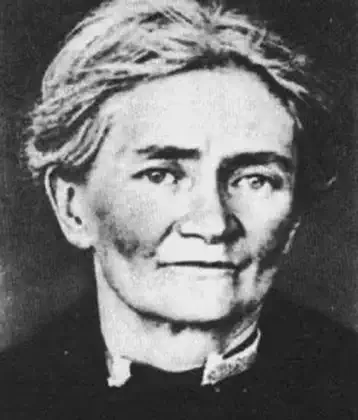
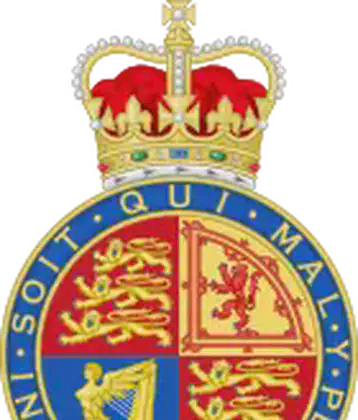

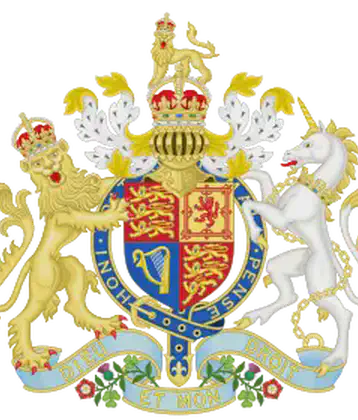
The Declatory Act defines the right of the British Parliament to legislate for Ireland
April 07, 1720
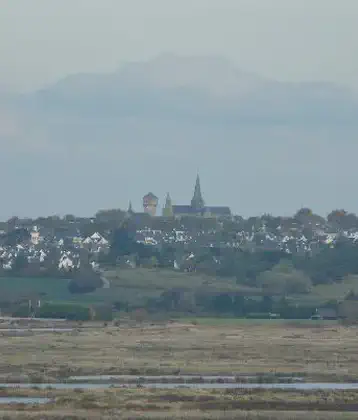
Second treaty of Guerande between Yann IV of Brittany & Charles VI of France recognizes Breton Independence
April 07, 1381